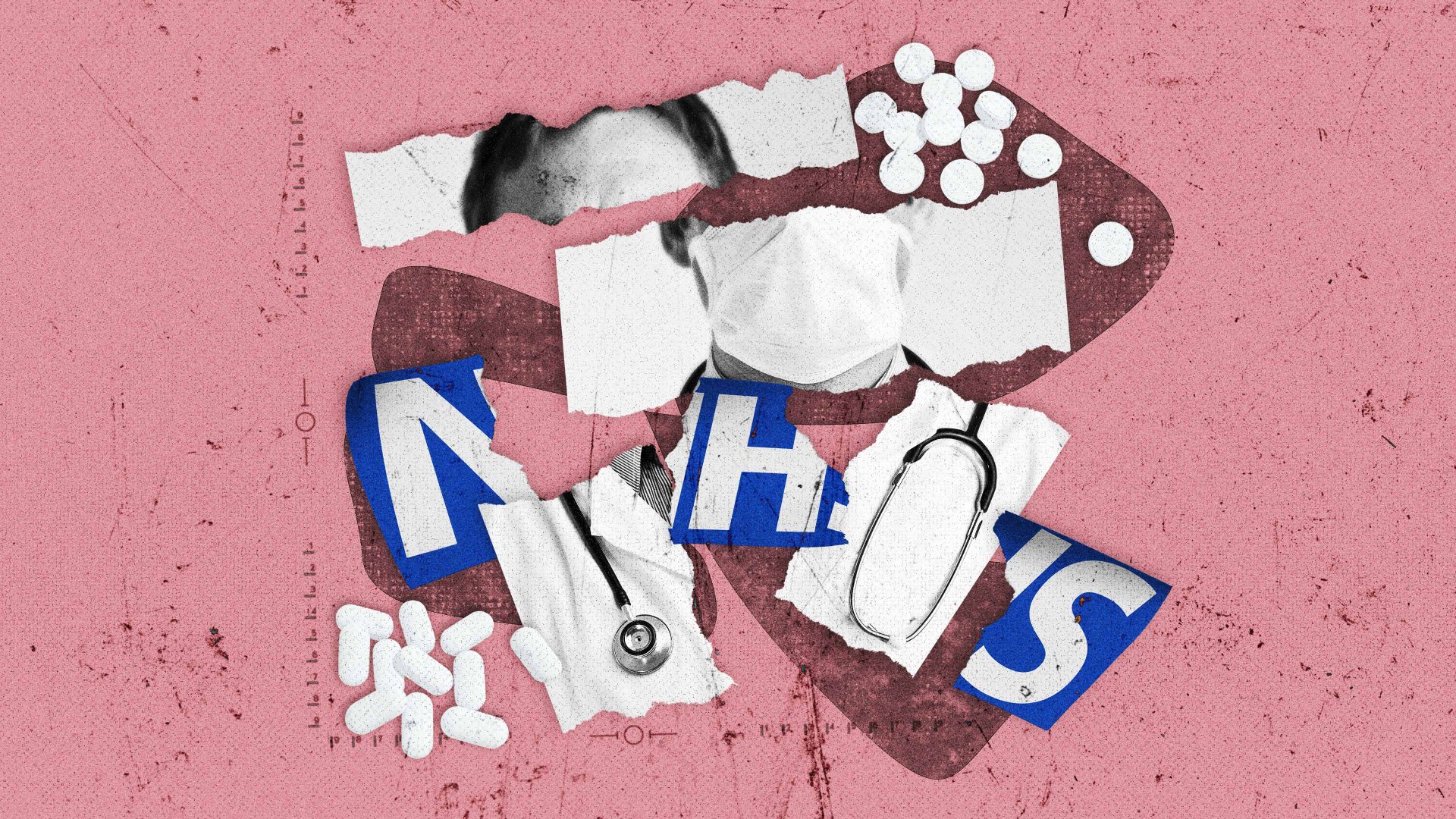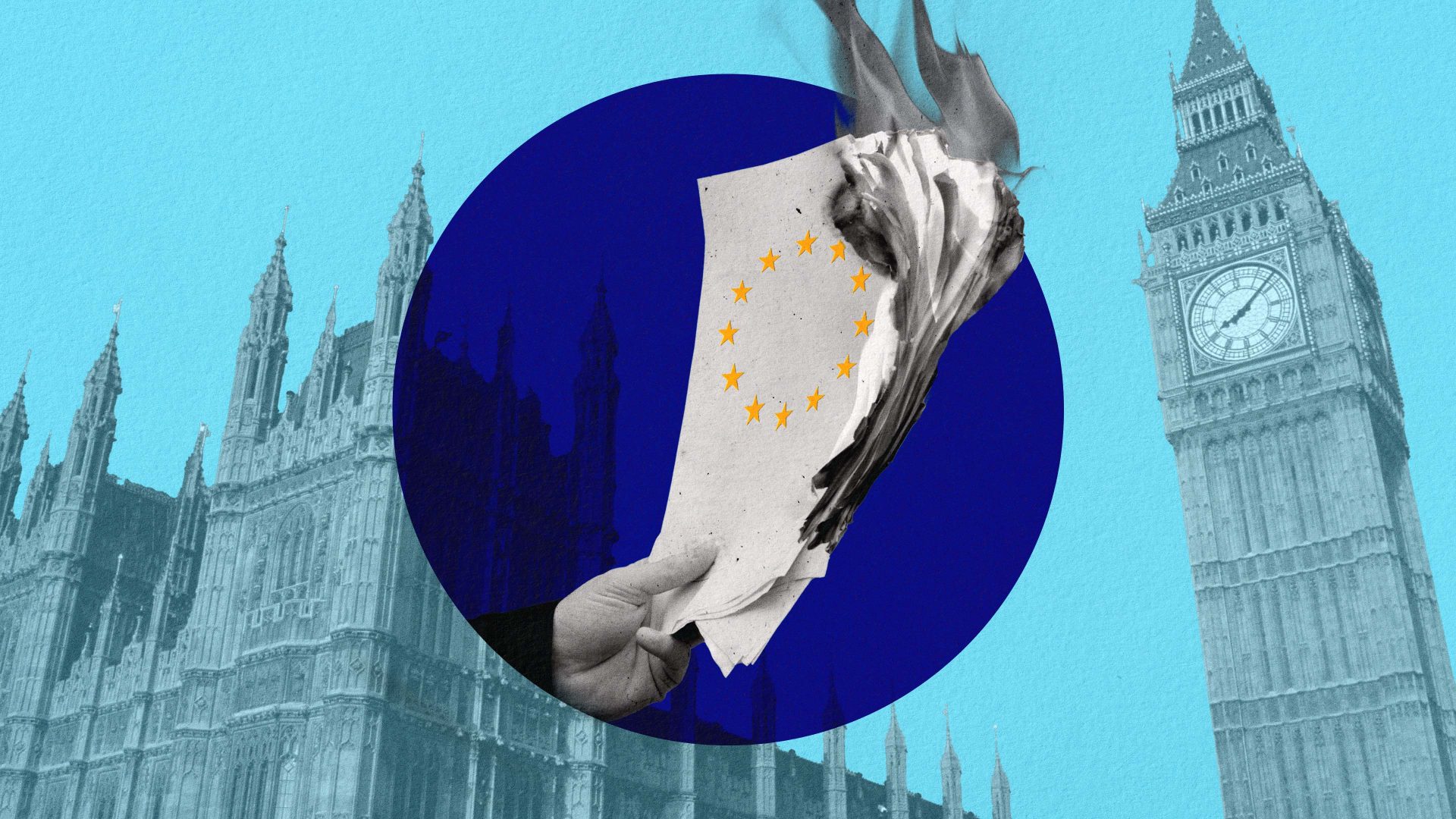I am a “jobbing GP”. I have no particular platform and no particular agenda. I want to share the reality of what I do.
I work 30 hours a week as a GP partner. The rest of the time I am doing a PhD that relates to my work – another 36-40 hours. I have degrees from Oxford, Harvard, and several other universities. I love my job. I believe in the traditional values of general practice and I love the NHS. I have the qualifications and wherewithal to work anywhere in the world but I want to work for our patients in the small village where I live.
Our current government is not making this easy.
My day-to-day work is determined by the decisions of disingenuous politicians – on both sides – who do not understand the realities and do not seem interested in learning about them. As with Brexit, we will end up by default with a healthcare system that fails the very people it was set up to help.
This was my Monday two days ago: I saw or spoke to about 30 patients. This is a really good day. Often I triage about 150 in half a day. Many of them were about managing relatively straightforward medical issues. These are the ones that leap out at me from the day.
Tim is a 53-year-old patient. He used to be a self-employed carpenter but had to give up about four months ago. He has cavitating lung lesions, previous severe depression and used to be an alcoholic. He was admitted to a high-dependency unit for four weeks before Christmas and was deemed unsuitable for intensive care because they thought he wouldn’t survive.
He’s as skinny as I am and very, very depressed. He doesn’t remember much of his stay in the high-dependency unit, as he was delirious, but his 70-something-year-old mother remembers every moment. She’s had rectal bleeding recently but won’t go for a colonoscopy because she’s so worried about her son. They signed a Do Not Resuscitate form for him in hospital and she understandably can’t bear the implications of this.
Since discharge he has moved in with his parents and is living in the dining room. There are no windows and he has a camp bed. He feels imprisoned. He is in huge amounts of debt and his house was repossessed while he was in the high-dependency unit. His mother is trying to fill in the relevant social security forms for him: universal credit, personal independence payment, housing allowance, disability allowance etc etc etc. She cannot get carers’ allowance because she receives a state pension.
The inpatient psychological medicine service referred them to the community mental health team. The mental health team sent me a “referral rejection” letter before he was discharged because his “issues were physical – GP to kindly manage”.
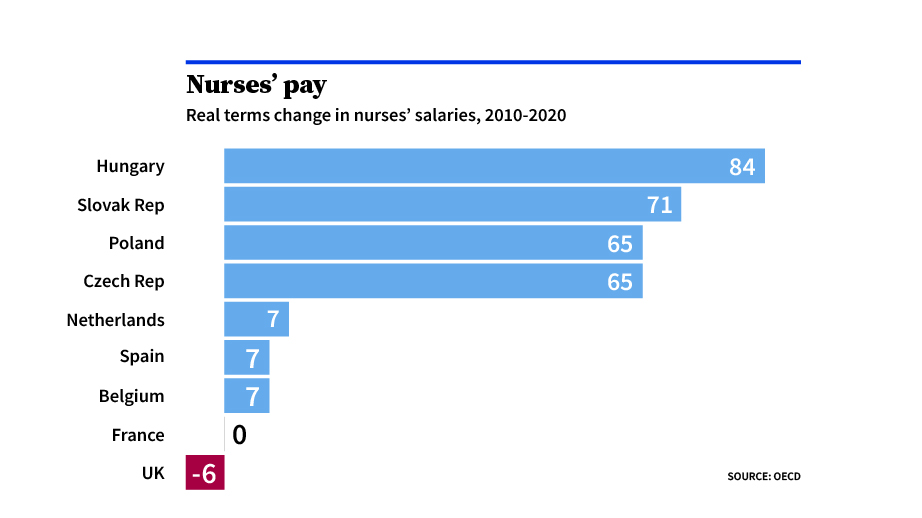
I saw him before Christmas and felt they all needed some time over the holidays for adjustment. I was supposed to see him again this Wednesday. On Saturday he became acutely suicidal. He had a drink – a real low point for a recovered alcoholic. His mother called the mental health crisis telephone number given to them by the inpatient team. The response was, “No, sorry, only two of us in the office, call 111”.
She called 111 and was still waiting for a response when I saw them yesterday in an emergency slot. She cried throughout. He sat there and apologised to his mother continuously. I sat there and wept inside. No wonder she feels overwhelmed. She loves her son who is so frail and so sick and so utterly abandoned by our “social welfare” system.
I never met Neil. He was a 90-year-old man who was discharged from hospital with a hip fracture. He died 10 minutes after I arrived to visit him. This is nothing new. The nursing home he was sent to – a good one – called us yesterday to say they thought he was dying. Since he was a new resident nobody had met him yet. I went out to see him, but it was too late. His granddaughter wept and wept and wept. I had to empathise with her for the loss of a man I had never met and knew nothing about.
Mr Brook is a gentleman in his 80s who has a son with mental health problems. He is a fiercely proud, independent man who has always taken pride in his ability to care for his son. His neighbour called me yesterday, saying Mr Brook had been sleeping in a chair since he injured his shoulder a few weeks ago, after a fall. He fell again yesterday and his son rang the neighbour to say he could not get his Dad into his chair. She and her husband went round and she told me: “His house is foul. He opened the door with just a towel round his waist”.
I rang him and he was delightfully measured and purposeful on the phone. He was very courteous and overwhelmed to receive the call and my offer of dropping round to see him – pitifully so. He apologised in advance: “I’m so sorry doctor but you’ll find the house is rather squalid. I haven’t been up to much cleaning, you know. And, and – I’m rather squalid too. I haven’t been able to wash and shave myself properly. But I’m sure you’ll have seen worse.” I assured him I was sure I had seen far worse and again wept inside for the losses that old age endows.
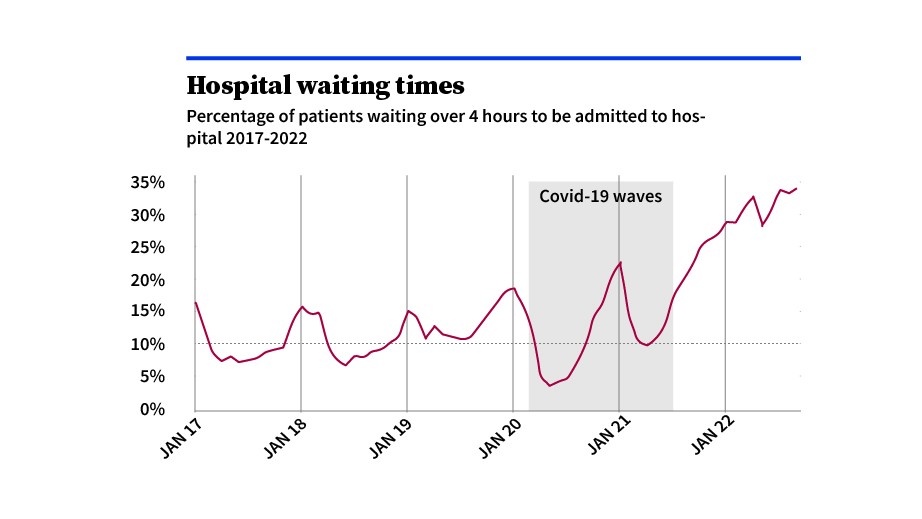
Two days later I visited Mr Brook. There was a pervasive, foul stench – stale cigarette smoke, excrement and just general rancour. He was wearing an oversized jumper. Nothing else. His legs were stained with faeces and his lower legs were weeping. His carpet was indescribably stained. He had instructed his son to put the cleanest chair on the cleanest bit of floor for me. He proffered it graciously and was dignified, courteous and overwhelmed to be visited.
I was the doctor for Hannah’s mother. Hannah plunged into a reactive depression shortly after she died, 12 months ago now. She had a beautiful death and we wept and sang along to her favourite songs – she loved the Pet Shop Boys. But then social security stopped Hannah’s universal credit payments just before Christmas because they would not believe my assessment of her fitness to work any more.
They assessed Hannah and eventually bullied her into accepting their recommendations: full time work of any kind. “I said yes because I didn’t know what else to do,” she told me. The only thing they’ve lined up is a job 1.5 hours away by bus for 37.5 hours a week. Hannah loves her family and wants to spend time with her grandchildren. She’s in her 60s. I wrote the social security office a letter asking them to give me a ring to discuss her increasing agoraphobia, resulting from their harassment. They declined to read the letter or even accept it and would not contact me. I don’t know how to help her and feel completely helpless.
Mrs Jewel is a 63-year-old lady who had a malignant skin tumour late last year. One of my colleagues measured a tumour marker for her at some point. This is a non-specific marker of “not-quite-rightness” that is difficult to interpret. Hers was slightly elevated. So we have measured it periodically over the last nine months as well as doing various other investigations. Just before Christmas I was very tired. I saw her and made the mistake of saying that I thought “if she did have cancer she would have died by now”. I will never forget the look on her face. She was so shocked and I felt so guilty.
I sent her a card to apologise for my clumsy use of words. When she came in yesterday she thanked me for my card and my candour. “I’m the sort of person who likes to know things. I really appreciated your card, please don’t feel bad,” etc etc. I felt awful and will forever see her face when I said that.
I saw Amy in November because she thought she was going mad. She was so anxious, her relationship was in trouble, her job was suffering. We started her on some hormone replacement therapy treatment. Today she bounced into the room, a completely different person! We laughed and laughed and laughed. She was back to feeling like herself and was so overwhelmingly grateful. The hairs tingled on the back of my neck. I couldn’t believe in the midst of the misery of the day that I could have done something so positive for someone by doing something so simple.
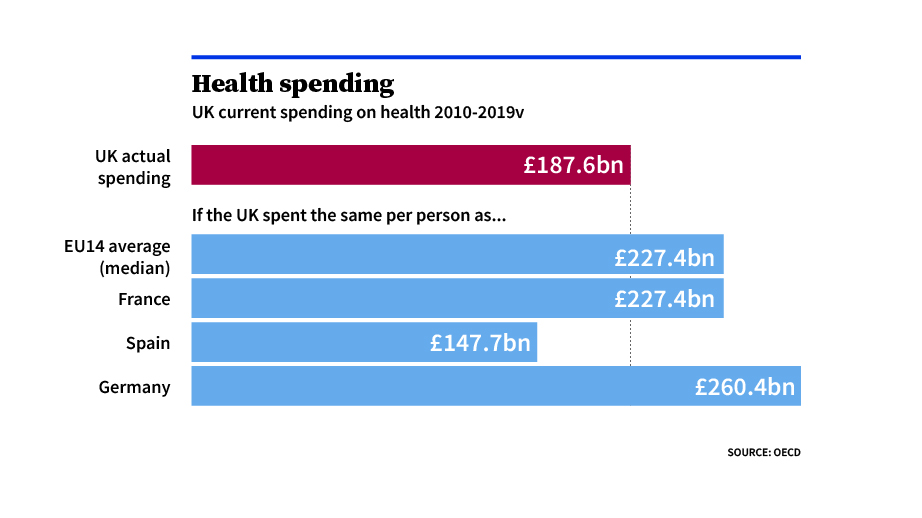
At the end of the day I did my admin (about an hour), two private medicals both about 20-25 minutes long, and various managerial tasks (about 40 minutes). I also found out I had a place on another university course. Goodness knows how many letters I now have after my name, but it’s totally meaningless. I got home at about 9.30pm. This is a typical clinical day. I was there at 7.30am. It was my birthday. I live alone.
I do not want sympathy or praise. I want social services not to laugh at me when I ask for emergency care for a dying patient; I want my patients to be given an honest innings when they are admitted as emergencies to the emergency department, or the acute assessment unit. At the moment there are rapid decisions being made to “send home to palliate – in patient’s best interests”.
I want my patients to be respected for their stories and their lives and their value as human beings, not dismissed because of the pressures of the system to “just die at home”.
I have many more stories I could share. I love my job and respect all my colleagues, in all parts of the NHS and social care, for their efforts, day-in, day-out. But I am angry and sad for our country. I’m ashamed about what we’ve become.
All names have been anonymised to maintain patient confidentiality.

